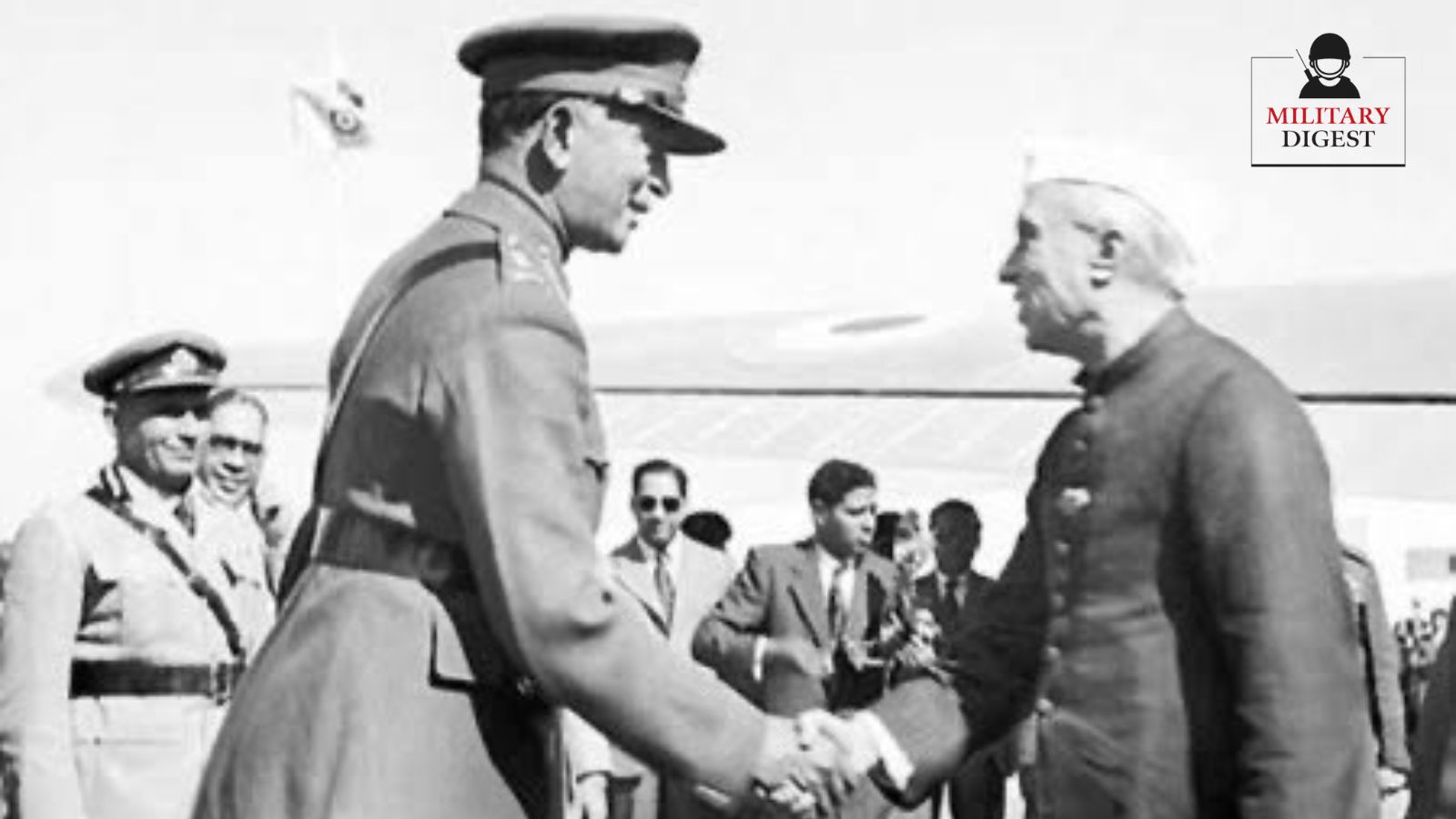 |
|
This article commemorates General K.M. Cariappa, the first Indian commander-in-chief, on the eve of Army Day. His vision of the Indian Army as a servant of the people, dedicated to defending democracy and upholding Gandhian principles of truth, love, and sacrifice, remains profoundly relevant. His emphasis on the army's responsibility to the taxpayer, its custodianship of resources, and the importance of maintaining high standards of discipline and moral integrity forms the core of his legacy. The article highlights his Special Order of the Day, which included a cadet's prayer emphasizing honesty, clean thinking, and choosing the harder right over the easier wrong. These principles continue to resonate as debates around the army's role and conduct persist in contemporary India.
A significant aspect of Cariappa's vision was his proposal for voluntary military training for civilians. This initiative aimed to instill discipline and civic responsibility among the populace. The program envisioned simple physical training, squad drills, and lectures on sanitation and hygiene. Importantly, the training was proposed to be entirely voluntary and cost-free to the state. Cariappa believed that this disciplined training would not only improve physical fitness and posture but also promote straight thinking and obedience to orders. The proposal, however, was met with disapproval from the political establishment and failed to gain traction. This aspect highlights a divergence between Cariappa's progressive ideas and the political realities of the time.
The contrast between Cariappa's idealistic vision and the contemporary challenges faced by the Indian Army underscores the enduring relevance of his message. While his proposal for civilian military training may have been rejected, its underlying principles—promoting discipline, civic responsibility, and a strong sense of national identity—remain important considerations. The article's inclusion of his Special Order of the Day and the cadet's prayer emphasizes the importance of ethical conduct and unwavering commitment to duty, particularly in a modern context where the armed forces are subject to increasing scrutiny. The juxtaposition of Cariappa's emphasis on the army as a people's servant with contemporary discussions about the army's public image and actions prompts reflection on the evolving relationship between the military and civilian society in India.
The article serves as a timely reminder of the founding principles of the Indian Army and the need to constantly reassess its role in a democratic society. Cariappa's legacy is not merely a historical record but a continuous dialogue about the responsibilities and values that should guide a national military force. His vision, while articulated in the context of post-independence India, continues to offer valuable insights for contemporary discussions on military ethics, the role of the military in a democratic nation, and the importance of fostering responsible citizenship. The failure of his civilian training proposal also serves as a case study in the challenges of implementing progressive ideas in the face of political resistance.
Furthermore, the article implicitly raises questions about the current state of the Indian military and its relationship with the public. The mention of the army 'overstepping the dividing line between personal practices and institutional character' suggests ongoing concerns about accountability and adherence to ethical standards. This underscores the continued relevance of Cariappa's emphasis on discipline, integrity, and a strong moral compass, not just for military personnel but for the entire nation. The article, therefore, offers a valuable opportunity for introspection and a renewed commitment to the principles that General Cariappa championed: service to the people, unwavering loyalty, and unwavering commitment to the ideals of a democratic society.
